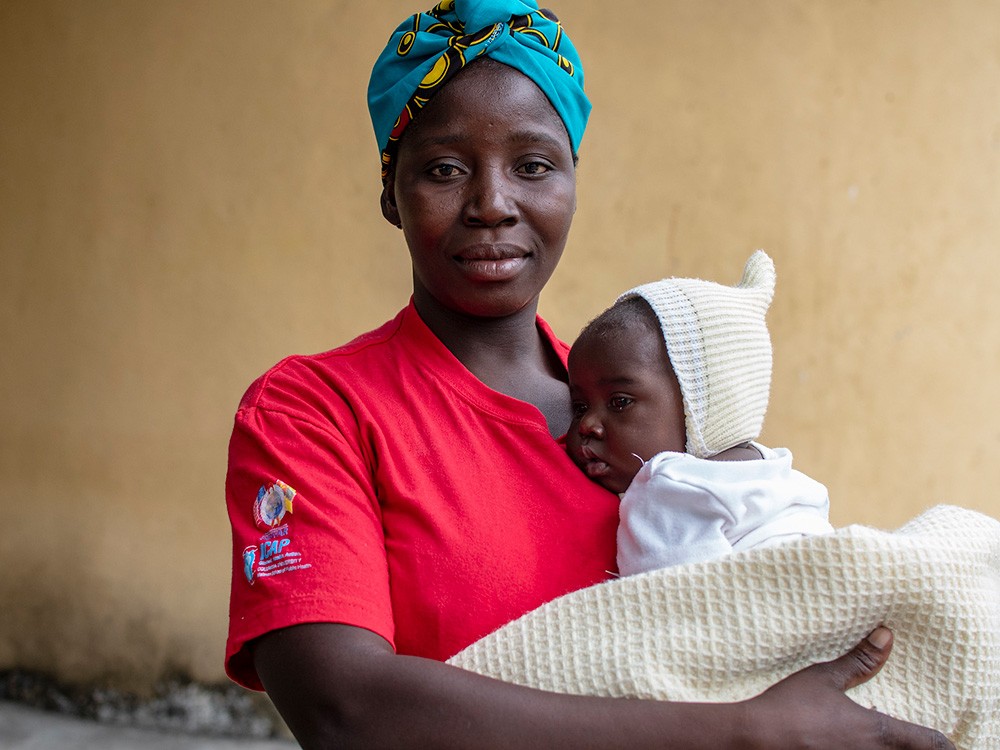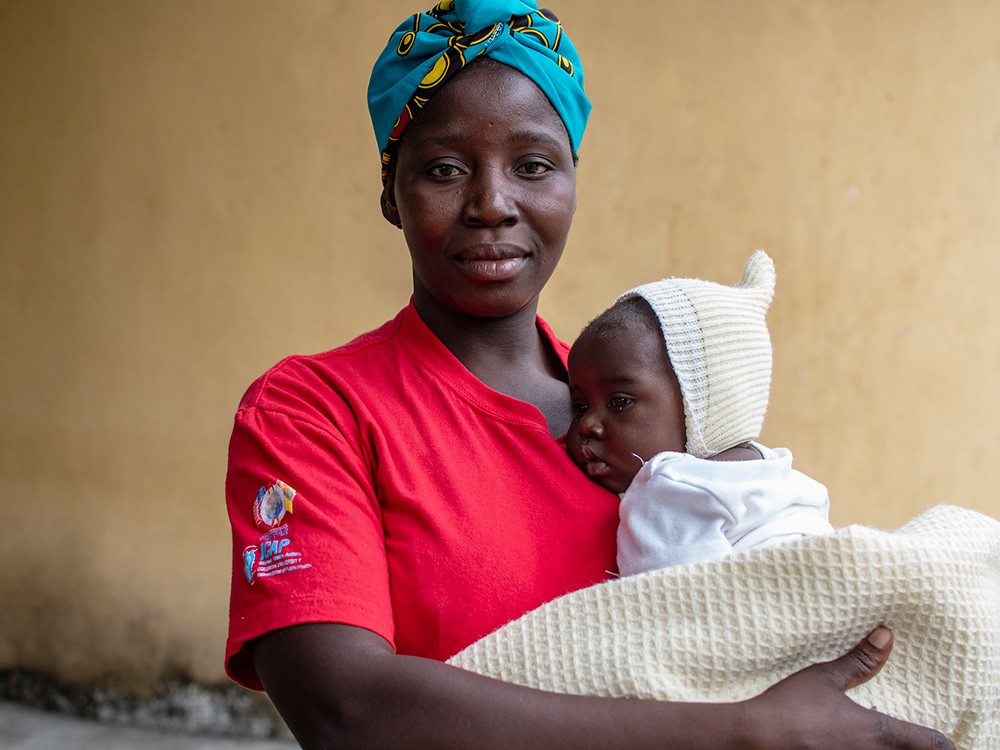
A new study by researchers at the University of Oxford suggests that the reduction or elimination of consistent funding by the US President’s Emergency Plan for AIDS Relief (PEPFAR) could lead to 1 million additional children becoming infected with HIV and some 500,000 children dying from AIDS by 2030. The health policy analysis, published on April 8, 2025 in The Lancet, also finds that up to 2.8 million children could become orphaned in the next five years without ongoing, uninterrupted funding for PEPFAR-supported programs owing to a substantial reduction in adult life expectancies.
To produce this study, the experts developed models using existing data pulled from a variety of sources to estimate HIV infections, AIDS-related deaths, and orphanhood in sub-Saharan Africa should PEPFAR programs be discontinued. They also considered the effectiveness of PEPFAR programs, pathways to sustainability for these initiatives, societal benefits such as health security, economic development, and education, and research to assess the HIV impacts on children in “a world without PEPFAR.”
“PEPFAR brings multiple benefits,” the authors note. “First, the direct benefits of the programme in saving families with children, protecting orphaned children, preventing devastating consequences for women who are pregnant and breastfeeding, as well as their babies, and protecting girls and adolescents from sexual trafficking and abuse. Second, the indirect benefits within each country in short-term and long-term economic gains, and in stronger responses to transborder disease outbreaks. Third, the reciprocal benefits of soft power—strong trade partners and geopolitical stability within a context of the largest youth cohort in Africa’s history.”
The full study can be read on The Lancet website.
An announcement about the study, with comments by two of the authors, can be found on the University of Oxford website.

